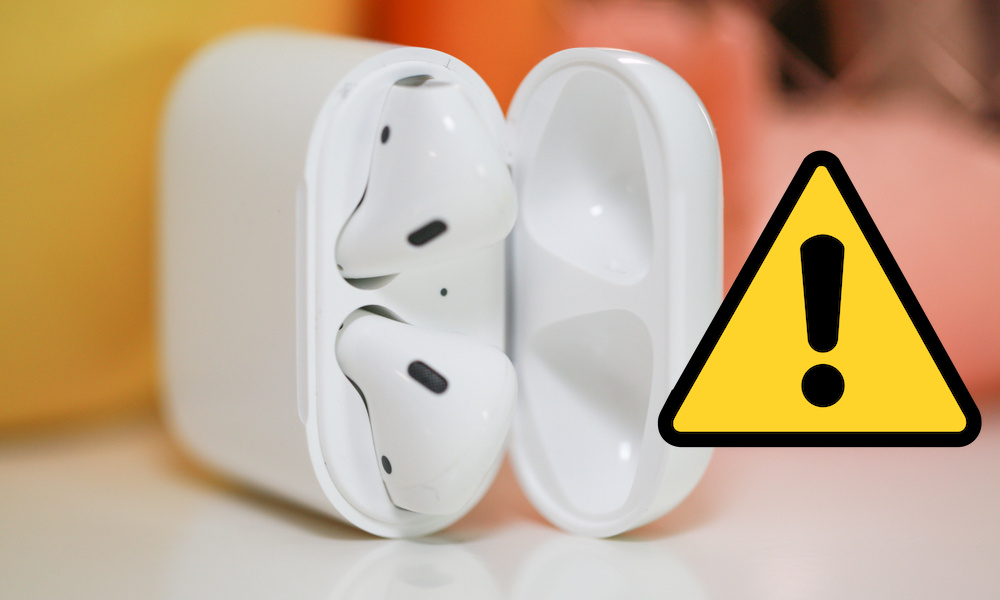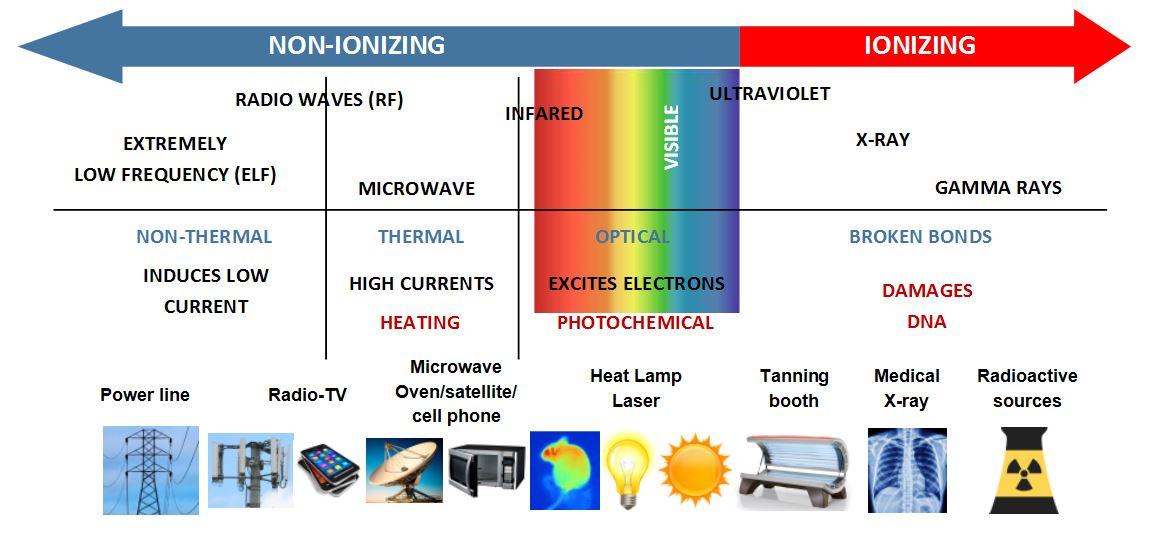Scary Petition Claims AirPods Emit Dangerous Radiation (But Is It True?)
 Credit: Helen89 / Shutterstock
Credit: Helen89 / Shutterstock
Toggle Dark Mode
Apple’s AirPods have been a critical and consumer success since their debut. But could they actually be dangerous for their users?
A group of 250 researchers and experts have signed a petition expressing “serious concern” to the World Health Organization and United Nations about the potential risks posed by wireless Bluetooth headphones, Yahoo! Finance reported.
Jerry Phillips, a professor of biochemistry at the University of Colorado and one of the petitioners, specifically called out Apple’s AirPods.
“My concern for AirPods is that their placement in the ear canal expose tissues in the head to relatively high levels of radio-frequency radiation,” Phillips told The Nuance.
If this sounds familiar, it’s because it’s basically the same concern about smartphone radiation — just applied to wireless headphones.
As we’ve covered in the past, the type of radio-frequency radiation emitted by smartphones and headphones is non-ionizing. Basically, that means it’s not harmful in small doses (unlike ionizing radiation, such as UV light or gamma rays).
While there is concern that radio-frequency radiation can still be harmful to humans in the amounts we are exposed to, the science is far from settled.
The WHO classified smartphone radiation as “possibly carcinogenic” in 2011, setting off a wave of panic. But even the WHO noted that “no adverse health effects” caused by smartphone had been established.
Similarly, a 2018 study linked cellphone radiation to a slight increase in the risk of heart tumors. But that study was conducted on rats bathed in massive amounts of radiation for their size. So the potential effects on humans is up for debate.
Phillips, for his part, said that existing research hasn’t revealed what a clear, safe threshold for radio-frequency radiation might be.
But it’s also worth noting that the National Cancer Institute has found no significant increase in brain tumors over the past decade — even as smartphone use among the general population skyrocketed.
And University of Pennsylvania bioengineering professor Kenneth Foster told The Nuance that studies showing a clear connection between mobile radiation and cancer “have no credibility.” He went on to say that there isn’t any clear evidence for adverse health effects “at exposure levels below international limits.”
Really, it all comes down to how much radiation our beloved devices emit. The answer is: not that much. While radio-frequency radiation could theoretically be harmful, science has never established that it’s dangerous in the rleatively small doses that our smartphones give off.
And, in fact, Bluetooth headphones or earbuds may even be safer than smartphones, according to Dr. Leeka Kheifets, a professor of epidemiology at UCLA. The signals emitted by Bluetooth accessories are much weaker than those emitted by cell phones, Kheifets told Consumer Reports.
That’s partly why smartphone manufacturers and some health experts recommend using Bluetooth headphones over holding a smartphone up to your ear.
In other words, the experts disagree about the risks — and will likely continue to be at odds until a definitive answer merges. But, in the meantime, while on a phone call, you’re probably still better off using AirPods than not.







